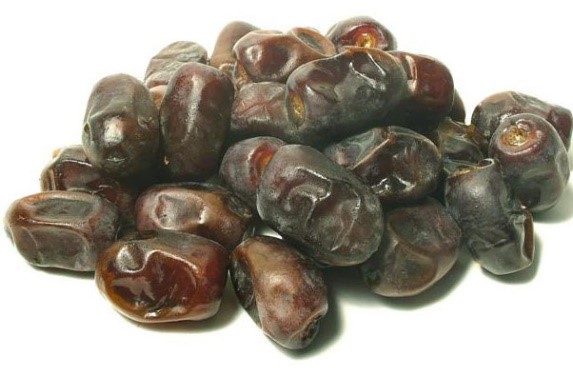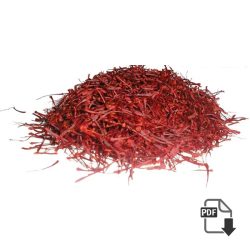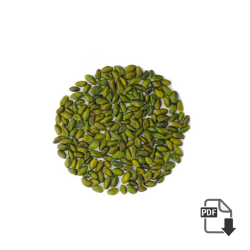Unlocking Global Opportunities
Introduction to Walnut Exporting
Walnuts are not just a popular snack; they are also packed with essential nutrients, making them a sought-after ingredient in various cuisines worldwide. With the increasing global demand for healthy snacks and culinary ingredients, walnut exporters have a significant opportunity to thrive in the international market. This article explores the walnut exporting industry, key factors driving demand, and tips for successful walnut exportation.
Why Walnuts are in Demand
1. Nutritional Benefits
Walnuts are known for their impressive nutritional profile, which includes:
- Rich in Omega-3 Fatty Acids: Walnuts are one of the best plant sources of omega-3s, promoting heart health and reducing inflammation.
- High in Antioxidants: Packed with antioxidants, walnuts help combat oxidative stress and lower the risk of chronic diseases.
- Good Source of Protein and Fiber: They are an excellent source of plant-based protein and dietary fiber, making them a favorite among health-conscious consumers.
https://www.irandriedfruit.com/walnut-export-to-russia/
The growing awareness of these health benefits is driving the demand for walnuts globally, especially in regions focused on healthy eating.
2. Culinary Versatility
Walnuts can be used in a variety of culinary applications, from baking to cooking. Their versatility allows them to be included in salads, desserts, sauces, and even as a topping for various dishes. This wide range of uses further increases their demand among chefs, food manufacturers, and home cooks alike.
Key Considerations for Walnut Exporters
1. Quality Standards
Maintaining high-quality standards is crucial for walnut exporters. Key quality factors include:
- Harvesting and Processing: Ensure that walnuts are harvested at the right time and processed carefully to preserve their flavor and nutritional value.
- Moisture Content: Proper moisture control is vital to prevent spoilage and maintain shelf life.
- Packaging: Use airtight and durable packaging to protect walnuts during transport and storage.
Exporters must comply with international food safety standards, including those set by the Food and Agriculture Organization (FAO) and local regulations in importing countries.
2. Market Research
Understanding the target market is essential for successful walnut exporting. Conduct thorough market research to identify:
- Consumer Preferences: Different regions may have varying preferences for walnut types (e.g., English walnuts vs. black walnuts) and forms (e.g., whole, chopped, or ground).
- Pricing Trends: Keep an eye on pricing trends and fluctuations in the walnut market to set competitive prices and maximize profits.
Strategies for Successful Walnut Exporting
1. Build Strong Relationships
Establishing strong relationships with importers, distributors, and retailers is key to a successful exporting business. Attend trade shows, exhibitions, and industry events to network and build connections. Consider partnerships with local distributors to enhance market reach.
2. Utilize Digital Marketing
In today’s digital age, leveraging online platforms is crucial for reaching potential buyers. Create a professional website showcasing your products, certifications, and testimonials. Utilize social media marketing and online advertising to promote your brand and attract international clients.
Walnut ( tree, shell , calories, nutrition , protein, wood and oil )
3. Stay Updated on Regulations
Exporters must stay informed about changes in trade regulations and import requirements for walnuts in different countries. This includes understanding tariffs, quotas, and any certification requirements that may be necessary for successful entry into foreign markets.
All Type Of Walnuts
-
Walnut kernel Special wholesale price + analysis + sale offer
Iranian walnut kernel are divided into three grades according to the size, fat contain, color and halves.

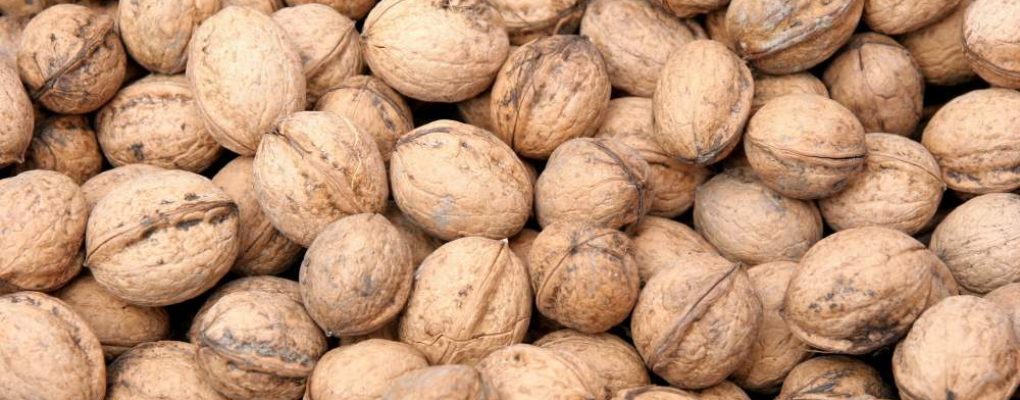
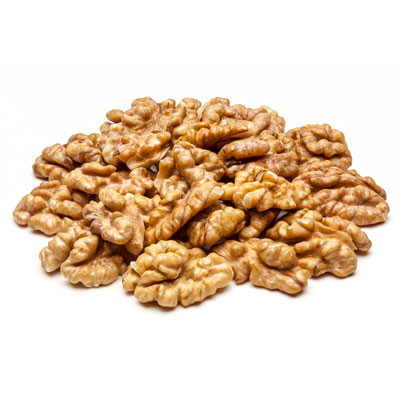

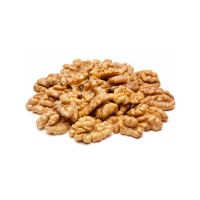





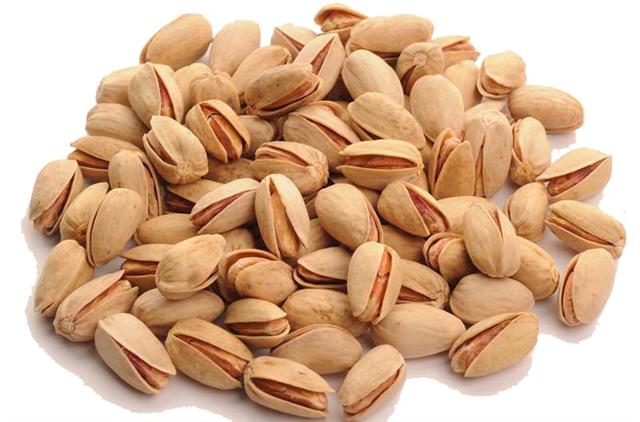
 3 kind raisin
3 kind raisin 